Solution Accelerators
Powerful starting points for your custom evidence generation tools.
We believe that the most effective tools are the ones that fit seamlessly into your team's unique processes. While standard 'off-the-shelf' software can offer a starting point, it rarely accounts for the specific workflows and nuances of your organization. That's why we've developed our Solution Accelerators: robust, pre-built applications for common tasks, designed from the ground up to be rapidly customized to your exact needs. Start with a powerful 80% foundation and let us tailor the final 20% to create your perfect-fit solution
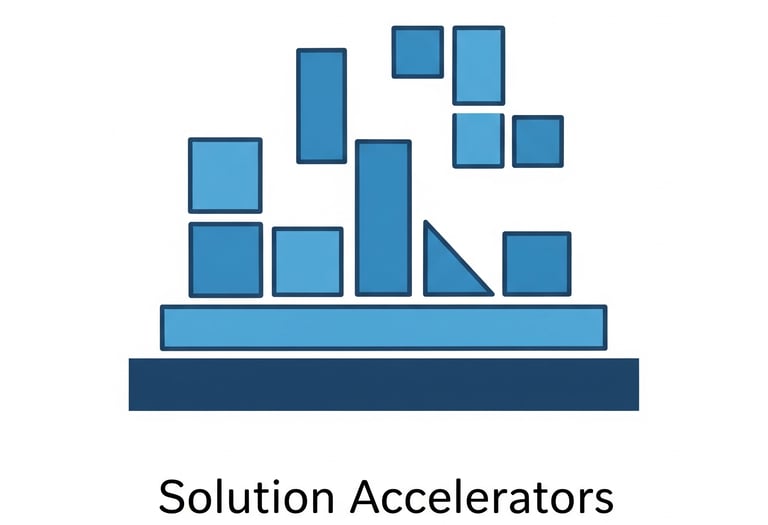

Available Accelerators
Economic Model Assessment Application


What It Does: Assesses the robustness of health economic models based on published guidelines.
How It Works: AI-Powered Guideline Adherence & Reporting
Model Concept Developer
Article Summarizer
Disease Backgrounder




What It Does: Drafts model concepts based on user-defined research questions and online data.
How It Works: AI-Powered Research Synthesis & Ideation
What It Does: Develops structured summaries of published health economic modeling articles and reports.
How It Works: AI-Powered Document Deconstruction & Synthesis
What It Does: Provides a comprehensive disease background using online desk research.
How It Works: Automated Evidence Synthesis & Narrative Creation
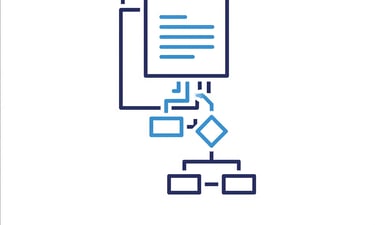

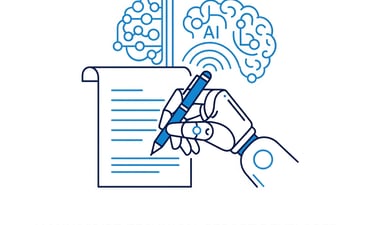

Manuscript/Technical Report Developer
What It Does: Drafts manuscripts and technical reports based on provided references and content.
How It Works: Automated Scientific Writing & Composition
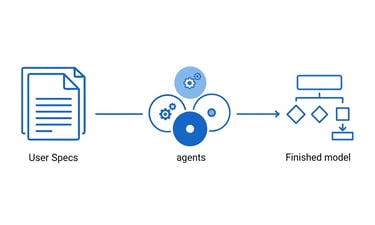



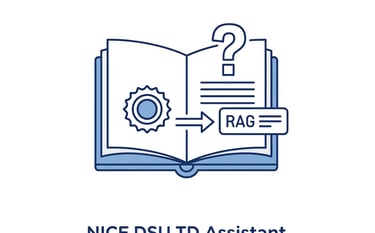

Agentic HE Model Developer
Targeted Literature Review Accelerator
NICE DSU TSD Assistant
What It Does: Develops health economic models based on user specifications using an agentic workflow.
How It Works: Multi-Agent System for Autonomous Model Construction
What It Does: Conducts rapid, focused literature reviews on specific research questions by PubMed to identify and summarize key evidence.
How It Works: AI-Powered Search & Evidence Synthesis
Provides rapid, precise answers to HTA methodology questions by searching the complete library of NICE DSU technical support documents.
How It Works: Retrieval-Augmented Generation (RAG) System


NICE HTA Report Assistant
Provides rapid, precise insightful answers from lengthy publicly available NICE HTA Reports with referencing at the page level. Helping researchers save valuable time searching for data, spend more time on strategizing.
How It Works: Retrieval-Augmented Generation (RAG) System


Bibliography Checker
Automates the meticulous verification of bibliographies and in-text citations by providing direct evidence from source documents for each claim, helping teams ensure scientific integrity and save critical time during the quality review process.
How It Works: AI-assisted document review
Ready to Transform Your Work?
Let's discuss how Aide Solutions can enhance your research strategy and accelerate your timelines. Reach out for a complimentary, no-obligation consultation.
Contact
Connect
support@aidesolutions.net
(+1)617-470-7928
© 2025 Aide Solutions LLC. All Rights Reserved.
